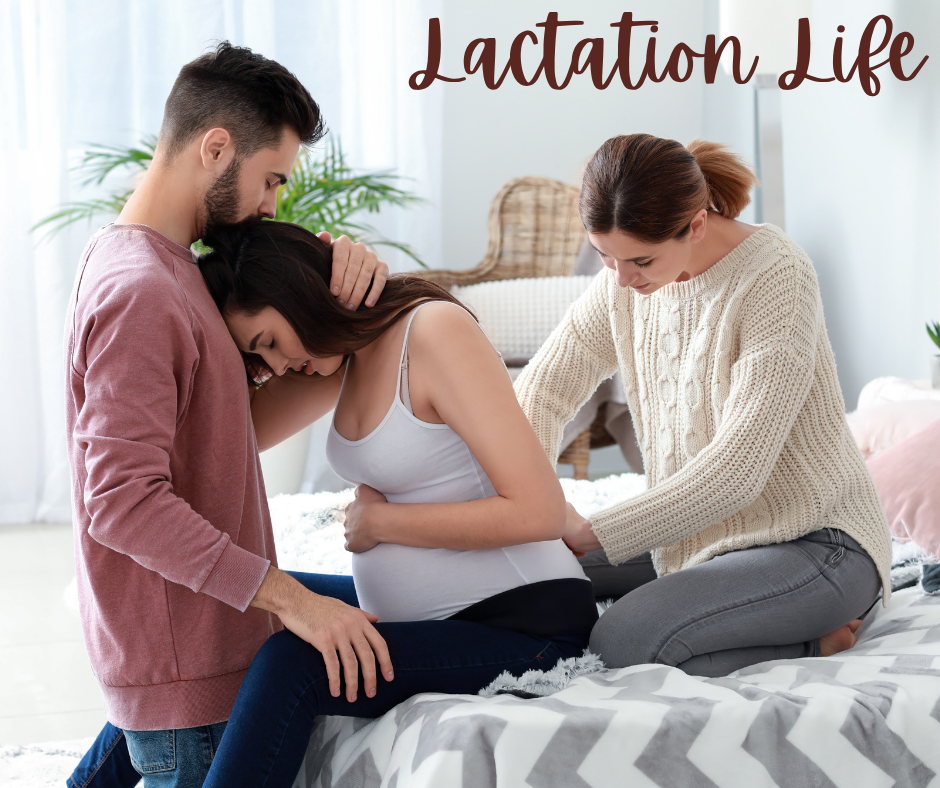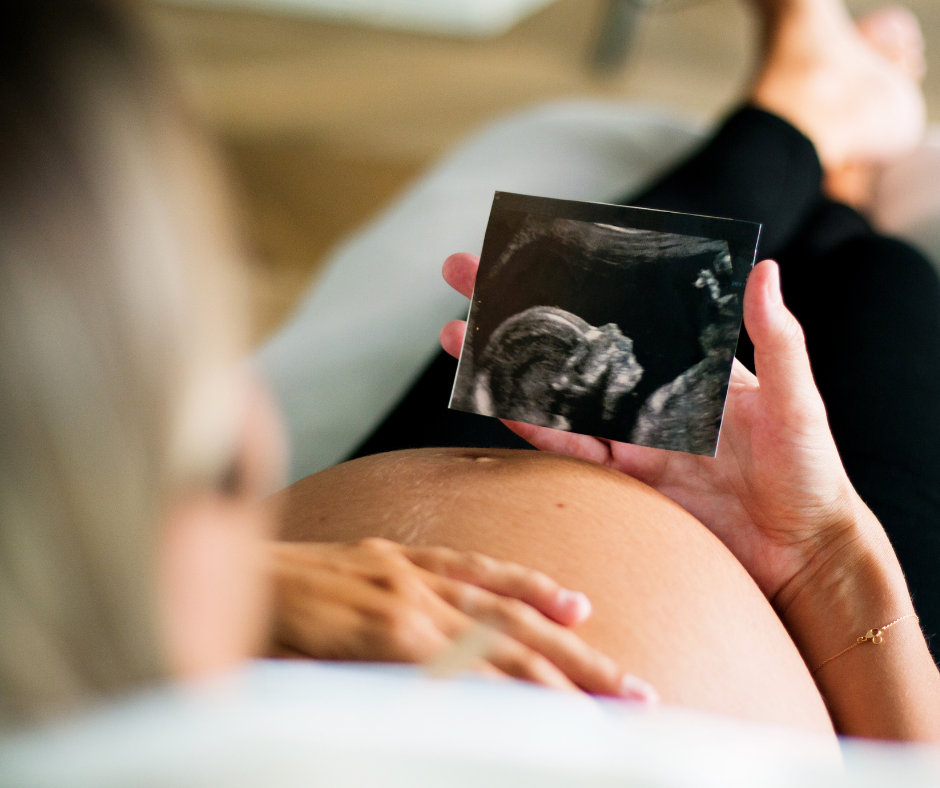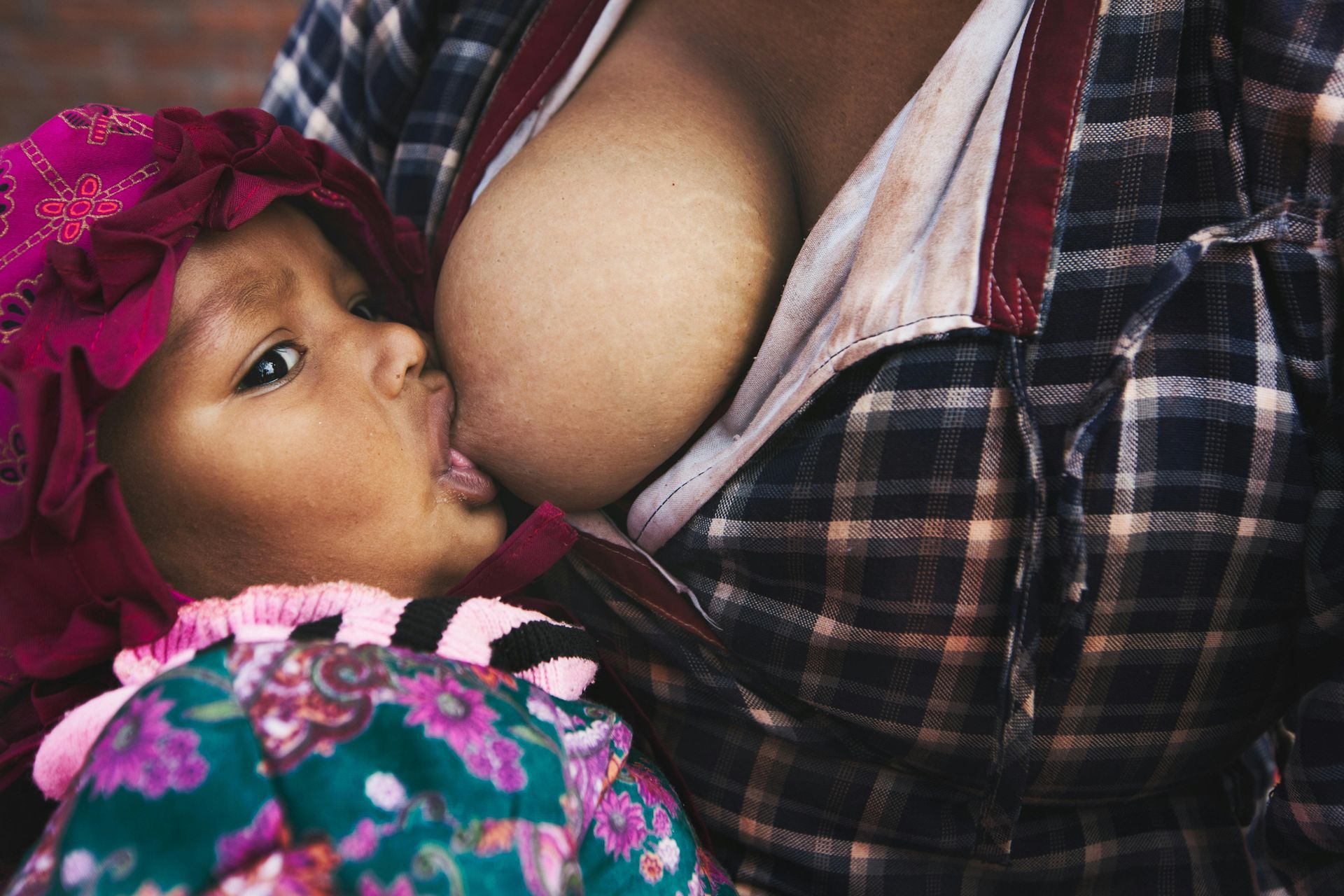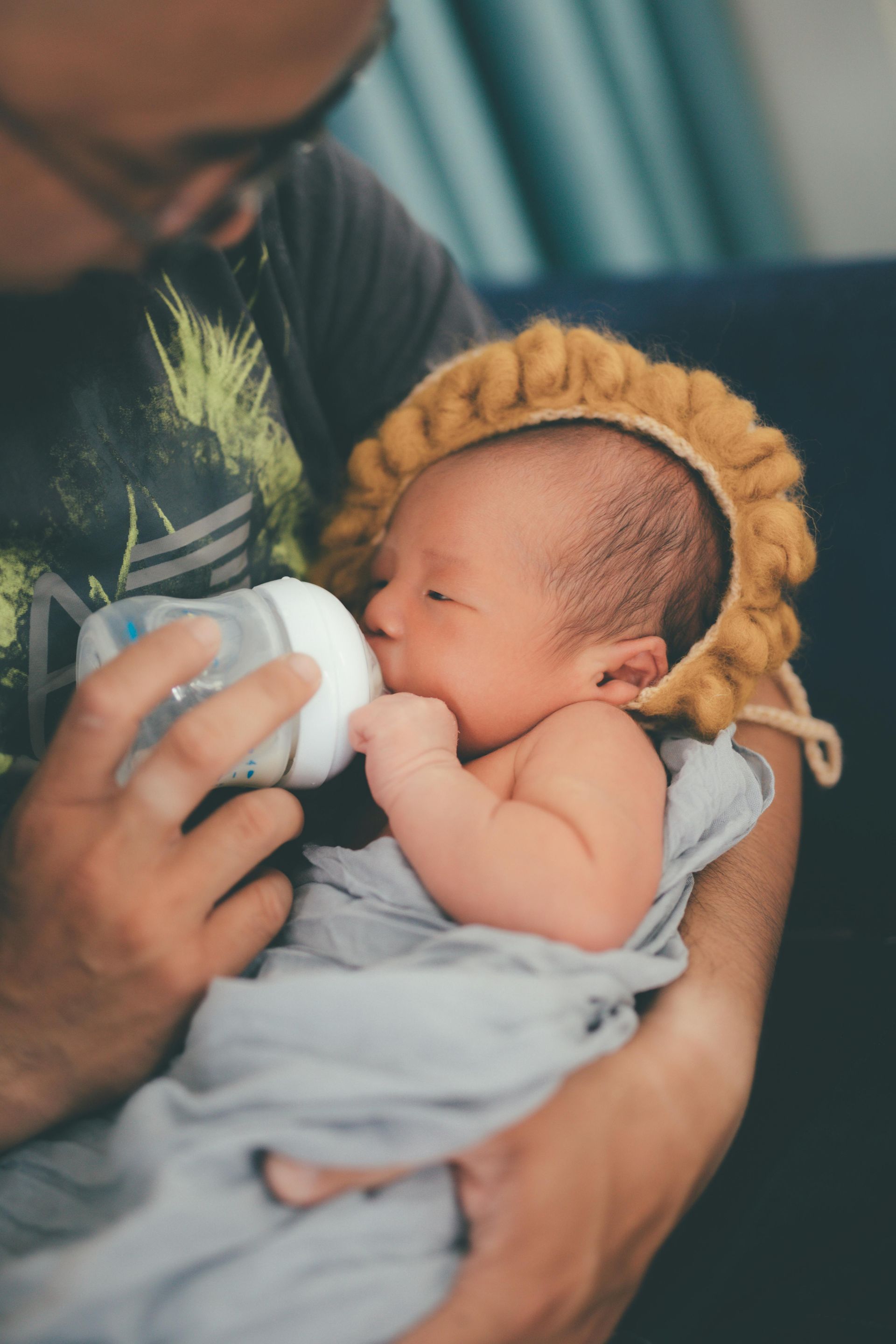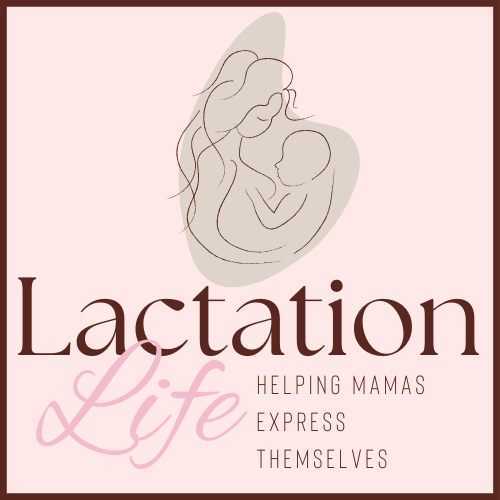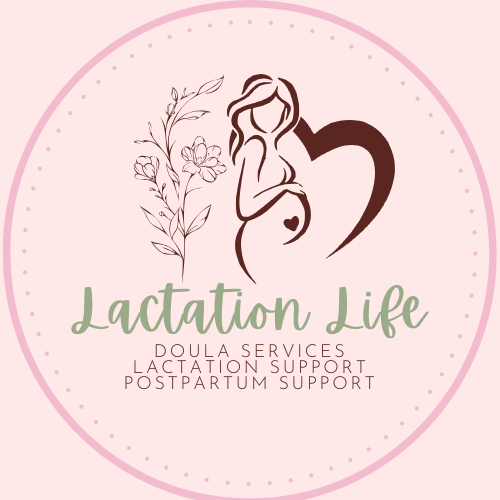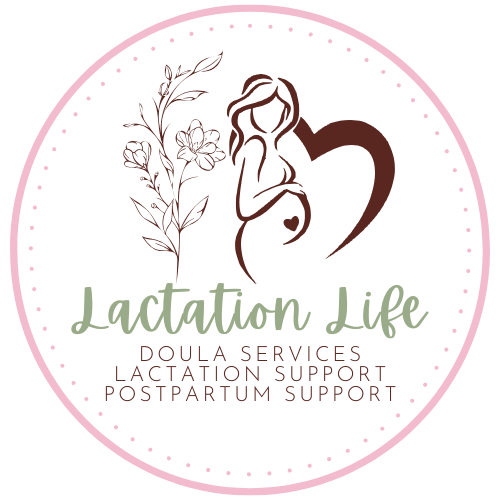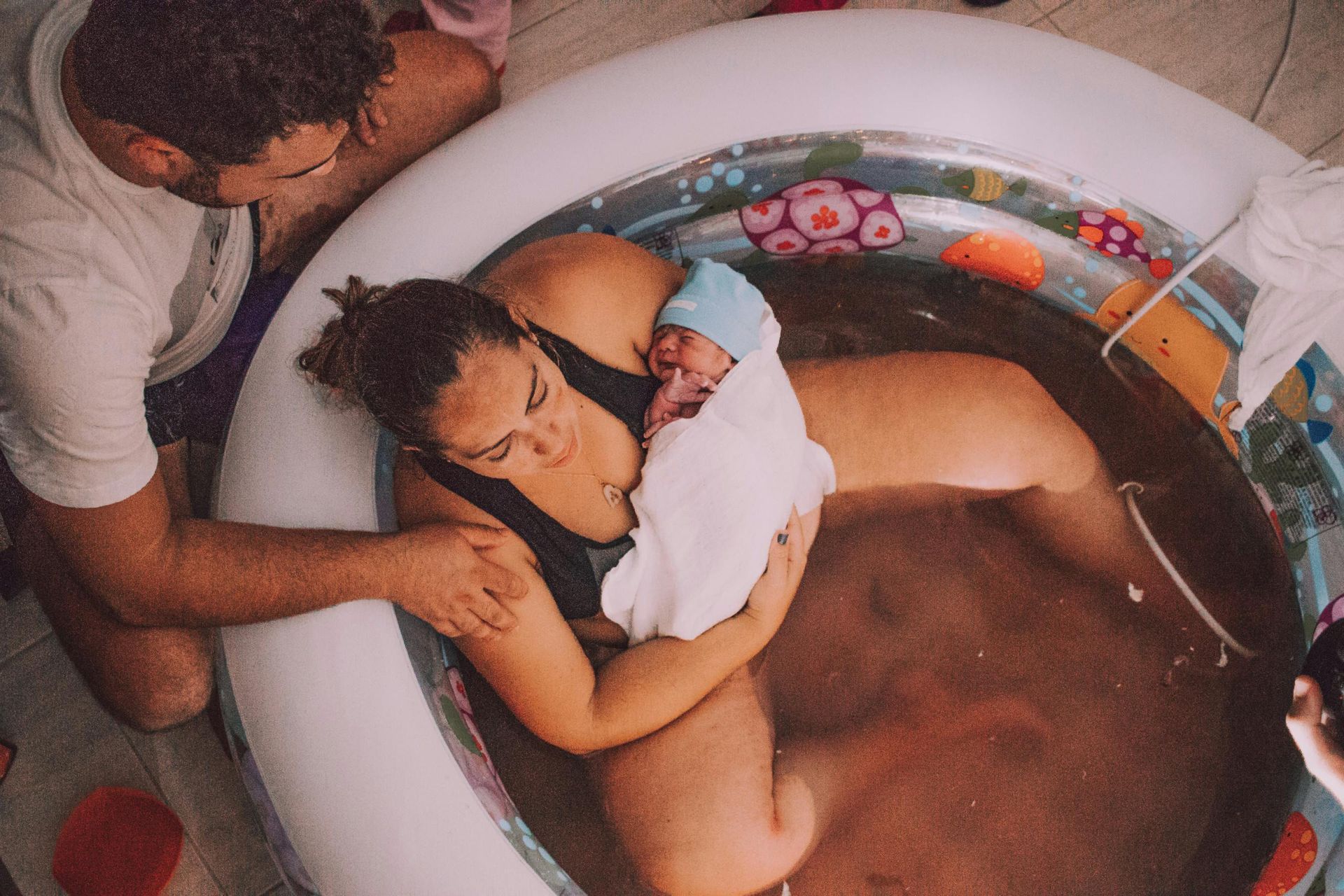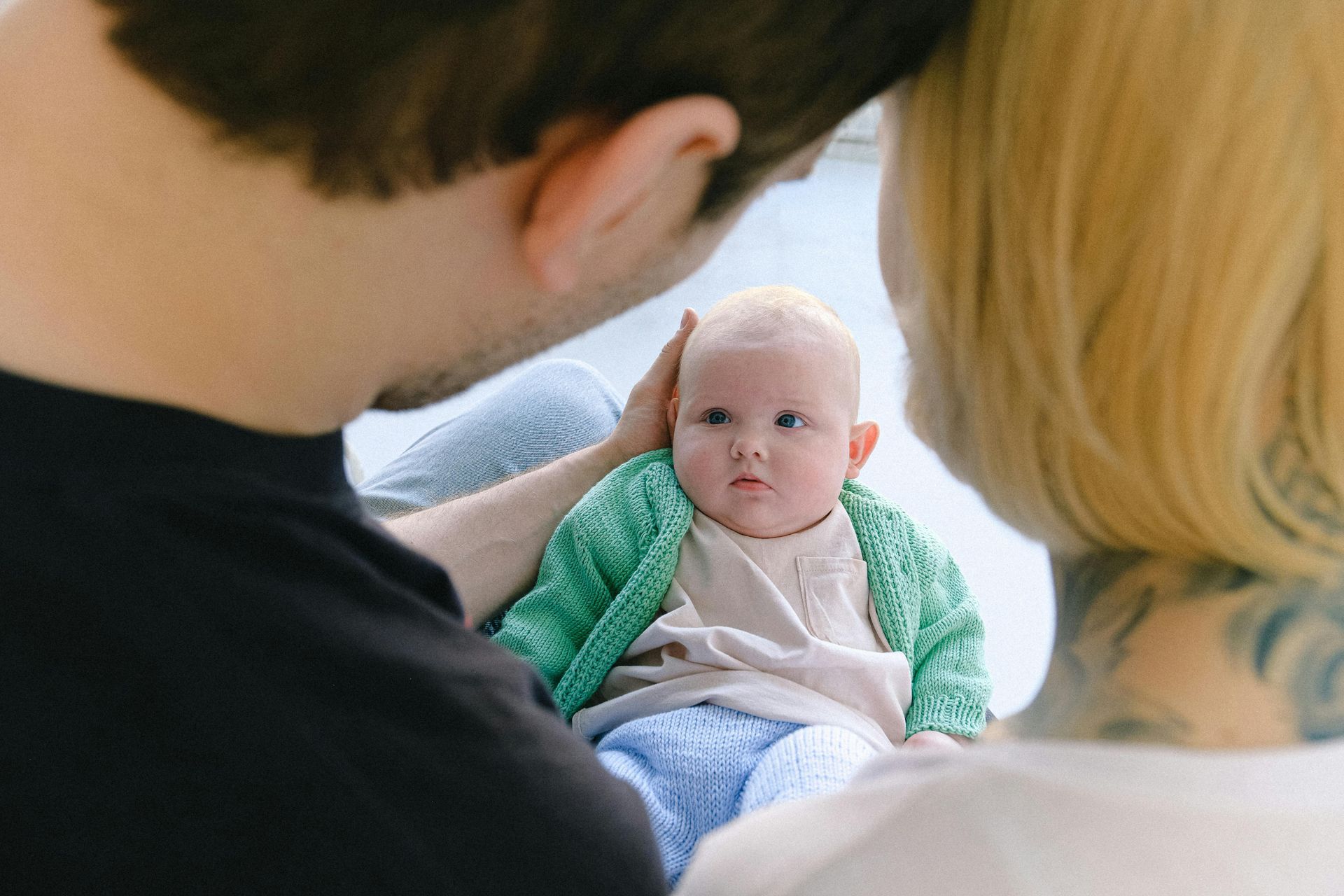May is Mental Health Awareness Month: Shining a Light on Postpartum Depression
May is Mental Health Awareness Month—a time dedicated to breaking the stigma surrounding mental health, encouraging open conversations, and connecting people with the resources and support they need. While mental health affects everyone, one area that is often overlooked or misunderstood is postpartum depression (PPD)—a condition that affects 1 in 7 new mothers, and in some cases, new fathers as well.

Understanding Postpartum Depression
Postpartum depression goes beyond the "baby blues," which typically appear in the first few days after birth and subside within a couple of weeks. PPD is more intense, longer-lasting, and can interfere with a parent's ability to care for themselves and their baby.
Symptoms of PPD may include:
- Persistent sadness, hopelessness, or feeling overwhelmed
- Loss of interest or pleasure in activities
- Difficulty bonding with the baby
- Withdrawal from family and friends
- Changes in appetite or sleep patterns
- Intense irritability or anger
- Thoughts of harming yourself or your baby
It’s important to note that PPD doesn’t always show up right away. It can occur anytime within the first year after giving birth, and it may also be misdiagnosed or missed altogether because many parents feel pressure to “be happy” or “have it all together.”
Why Awareness Matters
Mental Health Awareness Month gives us a unique opportunity to acknowledge that mental health is just as important as physical health, especially during major life transitions like childbirth.
Many new parents feel isolated, ashamed, or afraid to speak up about how they’re feeling. Society often glamorizes the postpartum period with images of glowing moms and content babies, which makes it even harder for those who are struggling to admit they need help.
This May, let’s change that.
Let’s normalize asking, “How are you really doing?”
Let’s validate the feelings of parents who are overwhelmed, exhausted, or emotionally raw.
And most importantly, let’s ensure that
support is accessible for every person who needs it.
What You Can Do
Whether you’re currently navigating postpartum depression, supporting a loved one, or simply want to be part of the solution, here are a few things you can do this Mental Health Awareness Month:
- Know the Signs
Educate yourself on the symptoms of postpartum depression and other perinatal mood and anxiety disorders (PMADs), such as postpartum anxiety or OCD. - Check In Without Judgment
If you know someone who recently gave birth, reach out and offer a safe, supportive space to talk. Sometimes just saying, “I’m here if you want to talk,” can make all the difference. - Share Resources
Information saves lives. Make sure those in your community know where they can find help (resources listed below). - Break the Silence
If you’re comfortable, share your own experience with PPD or postpartum mental health. Your story may be exactly what someone else needs to hear.
Resources for Help and Support
If you or someone you know is struggling with postpartum depression, you are not alone, and help is available. Here are some trusted resources:
- Postpartum Support International (PSI)
Website: www.postpartum.net
Helpline: 1-800-944-4773 (Text 503-894-9453)
Offers free support groups, a directory of mental health professionals, and a 24/7 helpline. - National Maternal Mental Health Hotline
Call or Text: 1-833-943-5746 (1-833-9-HELP4MOMS)
Available 24/7 in English and Spanish. Offers real-time support for moms and families. - Therapy for Black Girls
Website: www.therapyforblackgirls.com
A directory and resource hub for finding culturally competent mental health care. - MotherToBaby
Website: www.mothertobaby.org
Provides evidence-based information on medication use during pregnancy and breastfeeding. - National Suicide & Crisis Lifeline
Call or Text: 988
Immediate and confidential support for anyone in emotional distress or crisis.
Final Thoughts
Postpartum depression doesn’t make you a bad parent. It doesn’t mean you’re not grateful for your baby or that you aren’t doing your best. It means your body and mind are adjusting to an enormous shift—one that deserves compassion, care, and professional support.
This May, let’s talk more openly. Let’s listen more kindly. And let’s create a world where no new parent has to suffer in silence.
You are seen. You are supported. You are never alone.
#MentalHealthAwarenessMonth #PostpartumDepression #YouAreNotAlone #MaternalMentalHealth
